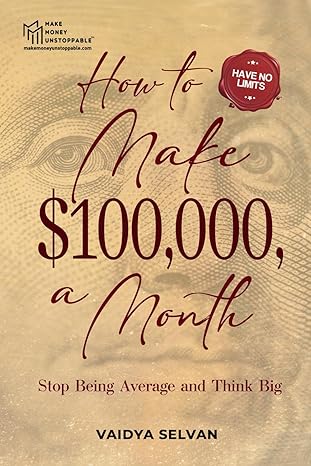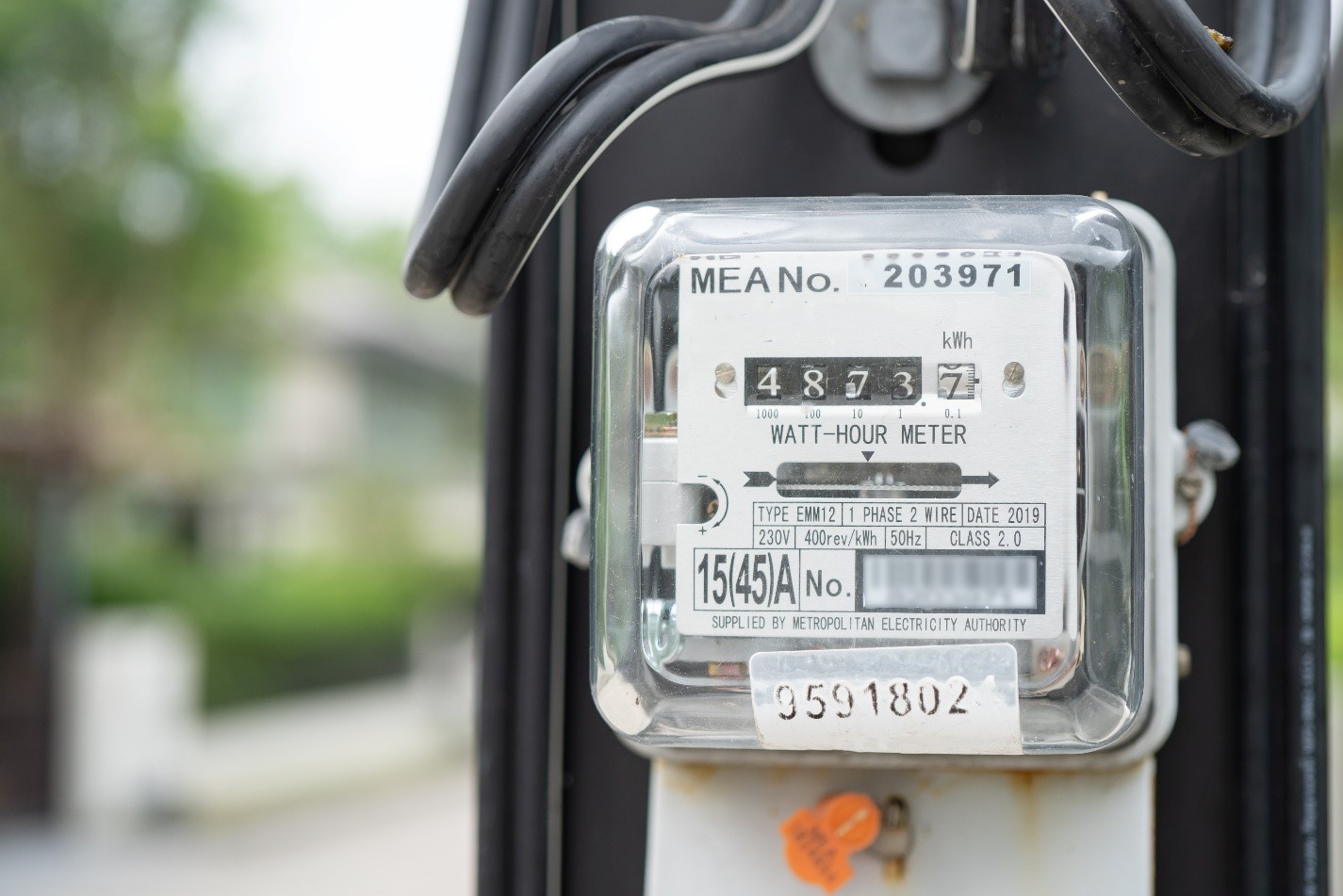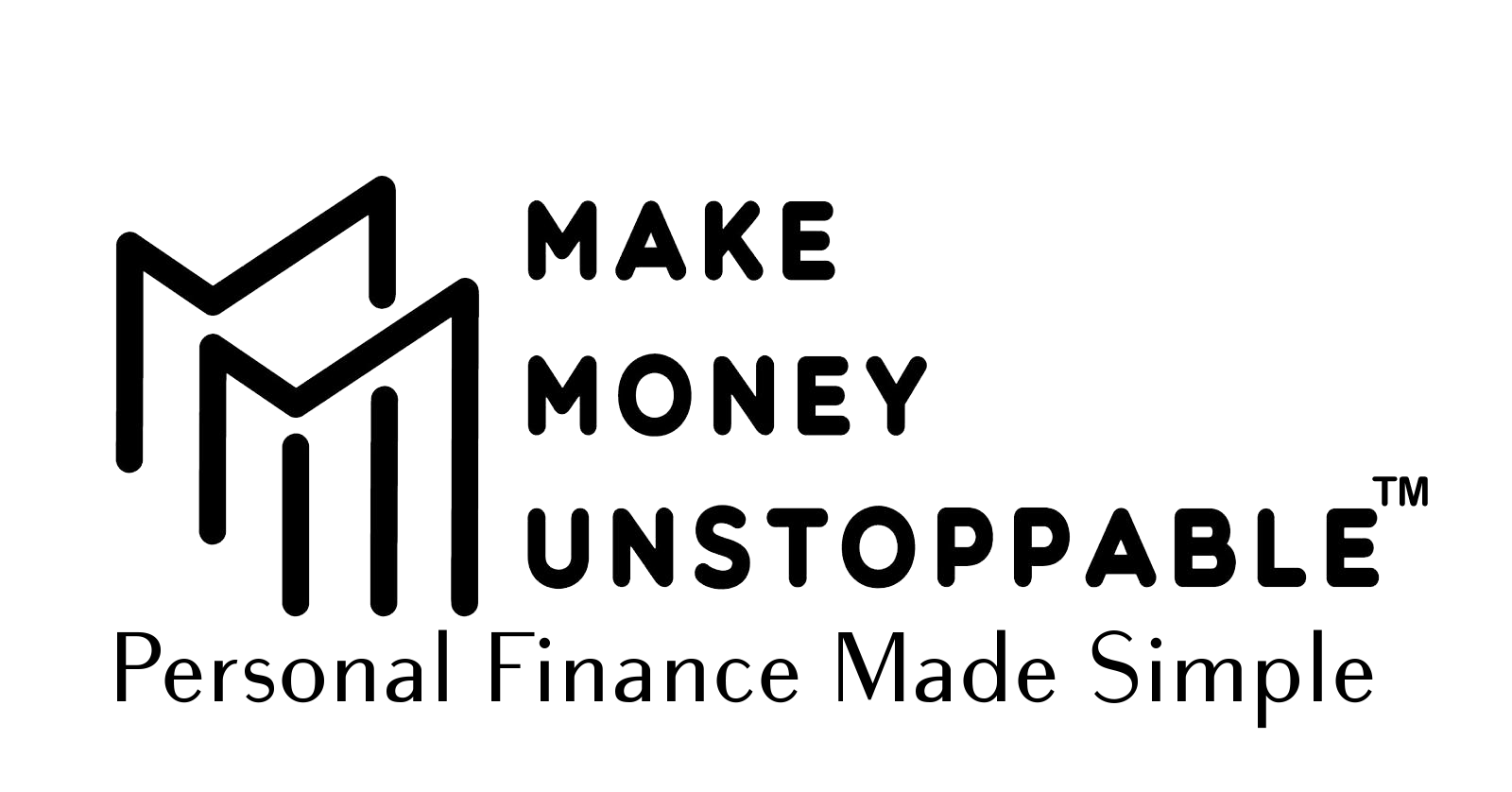
20 Budget-Savvy Tips for Saving Money
Introduction:
Many people believe that saving money is only possible with a high income, and that’s a myth. Across the country, individuals earning modest wages are successfully building savings, avoiding debt, and even investing. The secret isn’t about earning more; it’s about using what you already have more intentionally. It’s about keeping more of what you earn.
If you feel stuck in a paycheck-to-paycheck cycle, you’re not alone. Rising living costs, stagnant wages, and unexpected expenses can make saving seem out of reach. But here’s the truth: small, consistent actions can lead to big results. Regardless of your income level, you can take control of your finances with the right strategies.
Last Updated: March 12, 2025

Disclaimer: I am not a licensed financial advisor, financial planner, tax professional, or attorney. The information provided in this blog is for general informational and educational purposes only and should not be construed as professional advice. Always consult with a qualified expert before making financial, legal, or tax-related decisions.
Start by trimming your expenses to the essentials. You’ll be surprised how quickly small changes, such as cutting unused subscriptions, cable, landline, or planning meals, can free up cash. Then, explore ways to increase your income. A traditional 9-to-5 job often comes with a fixed earning ceiling, but building multiple income streams through side hustles, freelance work, or passive income can unlock unlimited earning potential.
This guide offers practical, no-fluff methods to help you save smarter. Whether you’re just starting out or looking to improve your financial habits, you’ll find clear, actionable strategies to build savings, reduce stress, and create a more secure future starting today.
1. Track Every Dollar You Spend
Why it matters: You can’t fix what you don’t see. You will need to use some metrics to measure them. Most people underestimate how much they spend on small, everyday items, coffee, snacks, and impulse buys that quietly drain their budget without them knowing. Tracking your spending is the first step toward financial awareness.
How to:
- Use a free budgeting app, or a spreadsheet, to log in every expense.
- Prefer pen and paper? Keep a daily expense journal.
- Categorize your spending into essentials (housing, groceries, utilities) and non-essentials (takeout, entertainment, subscriptions, vacations).
The payoff: When you see your spending laid out clearly, it’s like holding a mirror to your financial habits. You’ll quickly identify areas where you can cut back and redirect that money toward savings and debt repayment. Even trimming just $50 a day can add up to $1500 at the end of the month.

2. Make a Budget That Reflects Your Life
Why it matters: A budget isn’t about restriction, it’s about intention. It helps you create a plan for your money so you’re not left wondering where it all went at the end of the month.
How to:
- List all sources of income, including wages, side gigs, and benefits.
- Track fixed expenses like rent, insurance, and utilities.
- Estimate variable expenses such as groceries, transportation, and miscellaneous spending.
- Set realistic spending limits based on past habits, but trim where possible.
- Allocate funds for savings. Start with just $50 a month.
- Review and adjust your budget monthly to stay aligned with your goals.
The payoff: Budgeting can help you prioritize your needs over wants. It helps reduce financial stress and gives you control over your money, making it easier to reach your goals. Think of it as a roadmap that doesn’t restrict you, but it guides you.
3. Avoid Consumer Debt: It’s a Budget Killer
Why it matters: Consumer debt can be a major obstacle to saving. High-interest loans and credit card balances eat away at your income, leaving you less room for essentials and savings. Know the difference between good debt and bad debt.
How to:
- Stop taking on additional consumer debt. Delay non-essential purchases until you can pay in cash.
- Explore other options to clear existing consumer debt that holds very high interest rates.
- Use the snowball method: pay off the smallest debt first, then roll those payments into the next one.
The payoff: Reducing debt frees up money for savings, investing, and may lower your financial burden. It may also help improve your credit score and lower insurance premiums.

4. Cut Back on Unused and Underused Subscriptions
Why it matters: Subscriptions are sneaky. A few dollars here and a few dollars there can add up to hundreds of dollars a month. You may not notice it first until you dive into your finances and start being accountable for your expenses. You may not consider a $9.99 a month subscription to be a big deal, but collectively, if you have 20 subscriptions, it adds up to $199.80 a month.
How to:
- Review your last three bank or credit card statements.
- Highlight recurring charges and cancel anything that has remained unused for over 30+ days.
- Downgrade to cheaper plans if you wish to.
The payoff: Cutting unused subscriptions may help you save over $100 per month. That’s money you can redirect into investing, saving, or paying down debt.
5. Set Clear, Achievable Savings Goals
Why it matters: Vague goals like “I want to save more” rarely work. Your brain responds better to specific, measurable targets. When you know exactly what you’re working toward, it’s easier to stay motivated.
How to:
- Be specific in your goal setting: I want to save $510 a month towards my rainy-day fund.
- Break it down: That’s $127 per week or about $17 per day.
- Track progress visually using a chart, app, or notes on your fridge. Make it visual.
The payoff: Clear goals give you a sense of progress and help make saving feel achievable, even if you may have a low income. They also help you stay focused and avoid spending temptations.

6. Automate Your Savings
Why it matters: Automation removes the need for willpower. When savings happen automatically, you’re less likely to skip or forget.
How to:
- Set up automatic transfers from checking to savings every check.
- If possible, split your paycheck to have a portion go directly to savings.
- Use round numbers for ease of accounting.
The payoff: Even saving $20 a week can add up. Over time, you’ll build a habit and a cushion without having to think about it. Automation turns saving into a background process, one that works even when you’re busy or distracted. Once set on autopilot, you may even forget about it altogether.
7. Plan Meals to Save Big on Food
Why it matters: Food may be the most flexible area in your budget and one of the easiest to overspend on. Meal planning helps you avoid costly takeout and reduce waste. Plan your meals by creating a list.

How to:
- Plan weekly meals and make a grocery list before embarking on your shopping trip.
- Shop once in two weeks to reduce expenses and to avoid impulse buys.
- Cook in bulk and use leftovers for lunch or dinner. Improvise.
The payoff: Planning meals saves time, money, and stress. You’ll eat healthier, spend less, and avoid the “what’s for dinner?” scenario. Not planning meals and procrastinating often leads to expensive last-minute choices of eating out or consuming ultra-processed foods.
8. Limit Impulse Purchases
Why it matters: Impulse buys are often the most common budget killers. They often provide short-term satisfaction and a trail of lingering regrets.
How to:
- Use the 24-hour rule: wait a day before buying non-essentials.
- Avoid browsing online when bored or emotional.
- Unsubscribe from promotional emails and turn off app notifications.
The payoff: Delaying purchases gives you time to evaluate whether they’re truly worth the purchase. Most impulse buys lose their appeal quickly, and skipping them can save you hundreds of dollars over time.
9. Review Your Bills Annually
Why it matters: Many service providers may offer better rates. You may just have to ask. Reviewing bills can uncover savings opportunities without changing your lifestyle.

How to:
- Call providers and ask for discounts or current promotions.
- Compare competitors for better deals.
- Remove unused and underused services from your plans.
The payoff: Even small reductions $50 per month add up to $600 annually. It’s a simple way to save without sacrificing quality and convenience.
Unlock your financial freedom.
Download this FREE eBook!.
How to make $100,000/month? Stop being average and think big.

Stop Settling. Start Scaling.
Unlock the mindset, systems, and strategies top earners use to build unstoppable income.
Think Bigger. Earn Smarter.
This free eBook serves as your blueprint for scaling quickly, earning relentlessly, not settling for mediocrity, and living life on your terms.
Inside, you’ll discover:
- The Millionaire Mindset Blueprint
- Income streams that run on autopilot
- Entrepreneur hacks for focus and financial dominance
- One strategy to launch multiple income streams
- How to break free from “just enough”
- Tools to crush limiting beliefs and build your empire
Average doesn’t scale. Vision does. Download now and start your $100K/month transformation.
Yes, this eBook is free. Just drop in your email here to get instant access. ONE eBook per email.
The eBook is sent automatically and should arrive within minutes. Depending on your email provider, it may appear in your Spam or Promotions folder. While we don’t control its exact placement, you can be confident it has been dispatched and is waiting for you.
PLUS: Get Access to exclusive financial tips, learn everything about money and get early blog updates – delivered directly to your inbox .
10. Build a Starter Emergency Fund
Why it matters: Emergencies are inevitable. Without a financial cushion, you may have to turn to credit cards or loans, which may take you deeper into the hole.
How to:
- Aim for $500 as a starting goal.
- Add windfalls to it, like cash gifts, and apply a portion of your paycheck to it.
- Keep the fund in a separate account to avoid temptation.
The payoff: An emergency fund helps provide peace of mind. It protects you from unexpected expenses and helps you stay on track financially, even when life may have other plans.
11. Try a “No-Spend” Weekend
Why it matters: Sometimes, the best way to save is to stop spending altogether. A no-spend weekend is a short, intentional break from non-essential purchases. It’s not about deprivation, but it’s about resetting your habits and proving to yourself that fun doesn’t have to cost money.
How to:
- Plan free activities like hiking, game nights, and community events.
- Cook meals using only what’s already in your fridge or pantry.
- Log out of shopping apps and avoid browsing online stores.
- Invite friends to join in with free or low-cost options.
The payoff: No-spend weekends help break the cycle of impulse buying and mindless consumption. They also encourage you to be appreciative, creative, and grateful for what you already have. Even one weekend a month can save $100. Once you get the hang of it, you may add more weekends to it. Eventually, it may become habitual.
12. Allocate a Proper Budget for Food
Why it matters: Food is one of the easiest categories to overspend on, especially with the convenience of takeout, delivery apps, and daily coffee runs. Creating a food budget helps you enjoy meals without sabotaging your financial goals.

How to:
- Set a monthly limit for groceries and dining out.
- Plan meals before shopping to avoid impulse buys.
- Use coupon apps to save on groceries.
- Batch-cook meals and freeze portions to avoid midweek splurges.
The payoff: When you budget for food, you’re more intentional with your choices. You’ll waste less, eat healthier, and avoid the “what’s for dinner?” panic that often leads to expensive takeouts.
13. Do It Yourself (DIY)
Why it matters: Hiring professionals for every task, whether it’s home repairs, tailoring, or baking, can get very costly. Learning to do things yourself not only saves money but also helps build valuable skills, confidence, and a sense of satisfaction in having accomplished the task yourself.
How to:
- You may learn from tutorials online for simple repairs and projects.
- Start small with tasks like hemming clothes or fixing a leaky faucet. For larger tasks that you cannot handle, leave them to the pros.
- Use thrifted or recycled materials to keep costs low.
- Turn DIY into a fun weekend project with family or friends.
The payoff: DIY projects may help eliminate labor costs and give you a sense of accomplishment. Over time, these skills can save you hundreds or even thousands of dollars. The limitation is that you will need to decide which tasks you can handle and which you cannot.
14. Earn Extra Cash
Why it matters: When cutting expenses isn’t enough, increasing your income can help you reach your financial goals faster. Even a few hours of side work each week can make a big difference. No one has ever saved their way to wealth. The other option is to boost your income from multiple income streams.

How to:
- Offer freelance services in writing, design, tutoring, and other skills.
- Sell handmade crafts, baked goods, or digital products online.
- Take on short-term gigs like pet sitting, delivery driving, or seasonal work.
- Explore local opportunities through community boards or apps. Maybe taking up a second job or a third.
The payoff: An extra $300 a month can help cover bills, boost savings, and accelerate debt payoff. Plus, side hustles can grow into long-term income streams. It may even transform itself into your full-time job.
15. Cut Your Housing Expenses
Why it matters: Housing is often the largest monthly expense. Finding ways to reduce these costs can free up significant money for savings or debt repayment.

Keep receipts from every purc
How to:
- Negotiate rent or refinance your mortgage.
- Switch to more affordable internet or streaming plans.
- Maintain appliances to avoid costly emergency repairs.
- Consider downsizing if your living space exceeds your true needs.
The payoff: Even small adjustments such as switching providers or reducing square footage can lead to thousands of dollars in annual savings. It’s about aligning your living situation with your financial goals and your long-term plans.
hase and review them weekly to understand your spending patterns. You may store all of them in a shoebox by separating them into envelopes for each month.
- If a receipt isn’t available, jot the amount on a small slip of paper and store it along with the others.
- Organize receipts by category and date for easier analysis.
Best for: Cash users and individuals who prefer offline tracking.
16. Save for Retirement
Why it matters: Retirement may feel far off, but starting early, even with small amounts, can make a huge difference. Thanks to compound interest, where time is your greatest asset.
How to:
- Contribute to a workplace retirement plan, especially if there’s a match.
- Increase your monthly savings rate.
- Increase contributions with every raise or bonus.
- Automate monthly transfers to your retirement account.
The payoff: Saving even $100 per month can grow into tens of thousands over time. Starting early means that you can save less now and still retire comfortably later. Plus, knowing you’re preparing for the future brings peace of mind today.
17. Sell Your Stuff
Why it matters: Unused items around your home aren’t just clutter; they’re potential cash solutions. Selling items you no longer need is probably a quick way to boost your savings. It may be time for you to declutter and lighten the load.
How to:
- Go room by room and identify items you haven’t used in two years.
- Take clear photos and write honest descriptions to attract buyers.
- Price items slightly below market value for faster sales.
- You may host a garage sale for bulk items or use local marketplaces.
The payoff: Selling unused items declutters your living space and puts money directly in your pocket. It’s a win-win: you get to simplify your life and fund your financial goals.
18. Lower Utility Bills
Why it matters: Utility bills can quietly drain your budget. Fortunately, small changes in your habits and home setup can lead to big savings.

How to:
- Switch to LED bulbs and energy-efficient appliances.
- Unplug electronics when not in use to avoid phantom energy drain.
- Adjust your thermostat or use a programmable one.
- Wash clothes in cold water, air or Sun dry when possible.
- Seal windows and doors to improve insulation.
- Run full loads in the dishwasher and washing machine.
The payoff: Lowering energy use may help reduce your monthly bills and help support sustainability. Over a year, these changes may help save hundreds, which you can redirect toward savings or debt repayment.
19. Automate Your Regular Bill Payments
Why it matters: Late fees and missed payments can derail your budget and hurt your credit score. Automating payments ensures you stay on track without the stress of remembering due dates.
How to:
- Set up auto-pay for utilities, rent, subscriptions, and credit cards.
- Align payment dates with your payday to avoid overdrafts.
- Keep a small buffer in your checking account for unexpected timing shifts.
- Use alerts or budgeting apps to monitor transactions.
- Review statements monthly to catch errors or unwanted charges.
The payoff: Automation eliminates late fees and protects your credit score. It also helps reduce mental clutter, freeing you to focus on important things in your life.
20. Use Community Resources
Why it matters: Many people overlook the free or low-cost resources available in their local communities. From food pantries to free classes, libraries, and support groups, these services can help you save money while staying connected and supported.

How to:
- Visit your local library for free books, movies, internet access, and workshops.
- Check community centers for possibly free fitness classes, job training, or childcare programs.
- Use food banks or community gardens if you’re facing grocery insecurity.
- Attend free local events for entertainment and networking.
- Explore nonprofit organizations that may offer financial counseling, legal aid, or housing support.
The payoff: Community resources can fill gaps in your budget without sacrificing your quality of life. They also may help foster connection, reduce isolation, and remind you that you’re not alone in your financial journey. Leveraging these services can help save hundreds each month, and sometimes even more.

Conclusion: Small Steps, Big Impact
Saving money isn’t just possible, it’s powerful. When every dollar counts, the strategies you choose can make a meaningful difference in your financial stability, peace of mind, and long-term goals. The 20 tips shared in this guide aren’t about radical lifestyle changes or unrealistic sacrifices. They’re about building habits, making intentional choices, and using the resources that already exist around you.
Here’s what we’ve learned:
- Mindful spending, like trying no-spend weekends or budgeting for food, may help you regain control over your money and break free from impulse-driven habits.
- Skill-building and DIY approaches reduce reliance on paid services and empower you to solve problems creatively and affordably.
- Side hustles and selling unused items may offer quick ways to boost income without major commitments, while also decluttering your life.
- Smart home and utility management can lead to hundreds in annual savings, simply by adjusting your environment and usage.
- Automation and retirement planning help protect your financial future and reduce stress in the present.
- Community resources remind us that support is available and is often free if we know where to look.
The key is consistency. You don’t need to implement all 20 strategies at once. Start with one or two that feel most achievable, and build from there. Track your progress, celebrate small wins, and stay flexible. Financial wellness is a journey, not a destination, and every step forward counts.
Most importantly, remember this: your income doesn’t define your potential. With the right mindset, tools, and support, you can build a life that’s not only financially secure but also rich in purpose, creativity, and freedom, your financial freedom.
From Experience to insight : Transformational reads for the Strategic mind
Foundational readings for big shifts:
- How to Track Spending without Getting Overwhelmed
- The 7-Day Money Reset Plan: Take Back Control In Just One Week
- Are You Throwing Away $5,000 a Year on Food Waste Without Realizing It?
- The Real Cost of Owning a Big Home
- The Psychology of Spending: Why We Overspend and How to Stop It
- Mastering the Envelope Method
Author: Make Money Unstoppable
Welcome to Make Money Unstoppable Personal Finance Made Simple, a blog born out of necessity, a space created from real-life experiences, hard-earned lessons, and a deep-seated desire to share what I wish someone had taught me or had known sooner.

Newsletter Invite
Want more real-world information on Money? Join my newsletter for practical tips, updates on my books, and strategies to help you build financial freedom on your terms.
Yes, the eBook is also free. Just drop in your email here to get instant access. ONE eBook per email.
The eBook is sent automatically and should arrive within minutes. Depending on your email provider, it may appear in your Spam or Promotions folder. While we don’t control its exact placement, you can be confident it has been dispatched and is waiting for you.
#FinancialFreedom #Newsletter #MoneyTips



